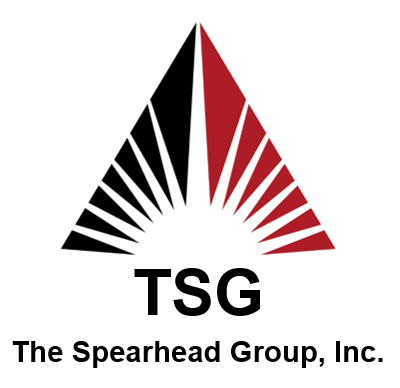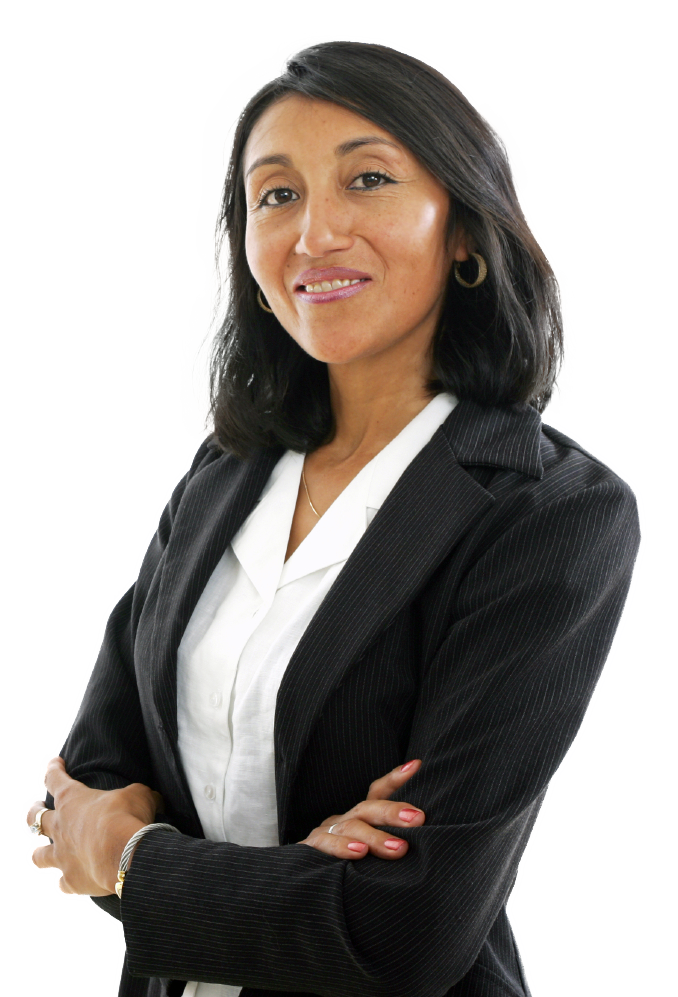
Spearhead Group Outreach is a process we created where we partner with local government and organizations to assist students with disabilities to achieve their postsecondary goals in the areas of education, employment and adult living
Preparing students with disabilities for the workforce requires a comprehensive trans-disciplinary vocational assessment and an emphasis on post-school planning
Through this program and planning, training and annual goals and a coordinated set of activities focusing on both academic and functional skills are established to facilitate progress towards a student’s postsecondary goals and future in the job market. It is so meaningful that we are able to use our resources to partner with local organizations to help people in need.
For more information please email crystalm@spearheadgroup.com

Transition Services for Students With Disabilities Compared to their non-disabled peers, students with disabilities are more likely to experience unemployment or underemployment, lower pay, and job dissatisfaction. Many students with disabilities—as well as those with chronic achievement problems—drop out of high school before graduating, leaving them even more unprepared for and less likely to obtain a job
The main reason young people struggle isn’t generational instead it is cultural.
In particular: the very significant, but typically underemphasized, cultural transition between college to the professional world. We find in our research that this culture shift plays out along at least three key dimensions: feedback, relationships, and accountability. In college, feedback is clear and consistent. You have a syllabus, which details the requirements for the semester and the standards upon which you’ll be graded. And then, for each assignment you submit, you receive feedback from your professor.
The feedback paradigm shifts entirely once a student enters the professional world. First, the feedback you receive at work is often less consistent and less easily decipherable than in college. Depending on your manager and your

organization, you might receive very clear, detailed and consistent feedback on assignments. The feedback you receive is often more qualitative than quantitative, which can be confusing to students fixated on what their specific grade was and were they fall on the overall class curve.
Recent graduates also need to learn a new skill around feedback in the working world that wasn’t a common part of the college paradigm: how to receive both positive as well as negative feedback in a poised, professional manner.

In school, you are accountable mainly to yourself. Yes, you are occasionally on project teams, or you may partner with someone to complete a project. But in the end, though the group’s performance matters, the ultimate responsibility is to yourself, your achievement, your success and your learning.
In a professional environment, in contrast, there typically is much more at stake, and mistakes can have severe consequences. You’re not only accountable to yourself; you’re accountable to your team, to your colleagues, to your boss, to your division, and to your organization. If you fail a key assignment, damage a client relationship, mismanage an interaction with a supplier, you can’t make it up or ask for extra credit.
The Spearhead Group offers training to help avoid these mistakes before they enter the workforce.







